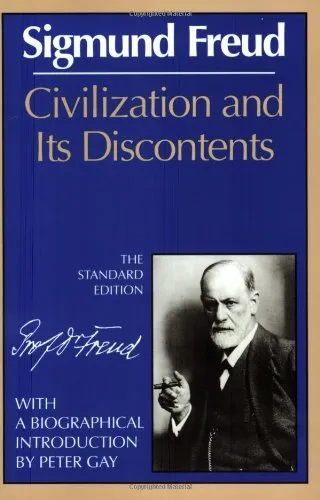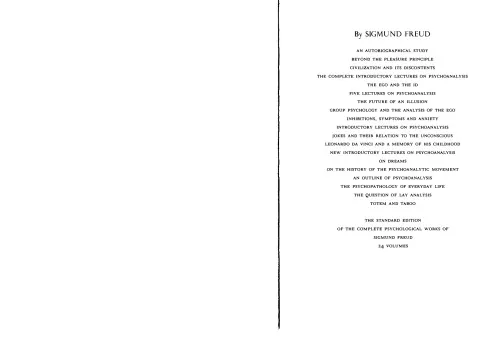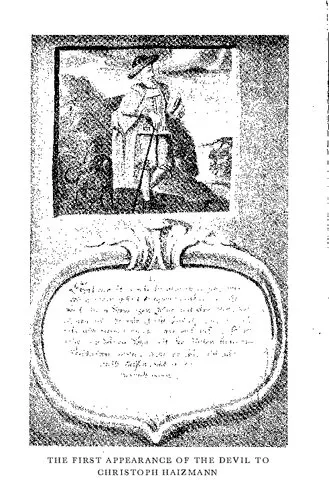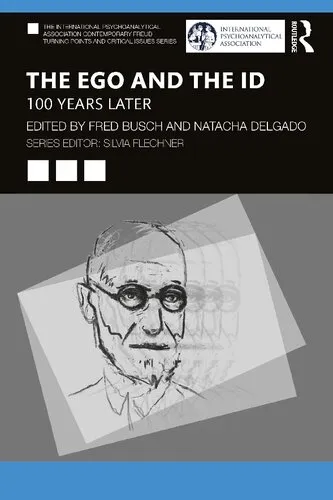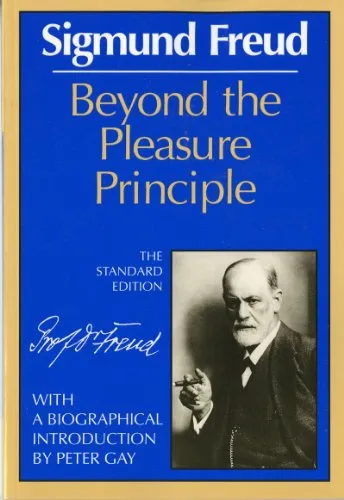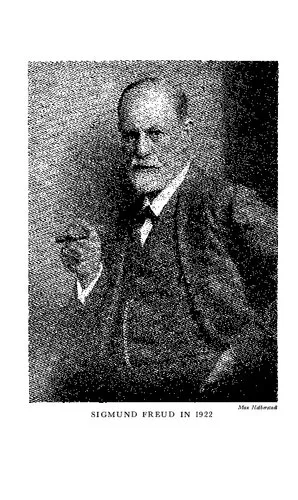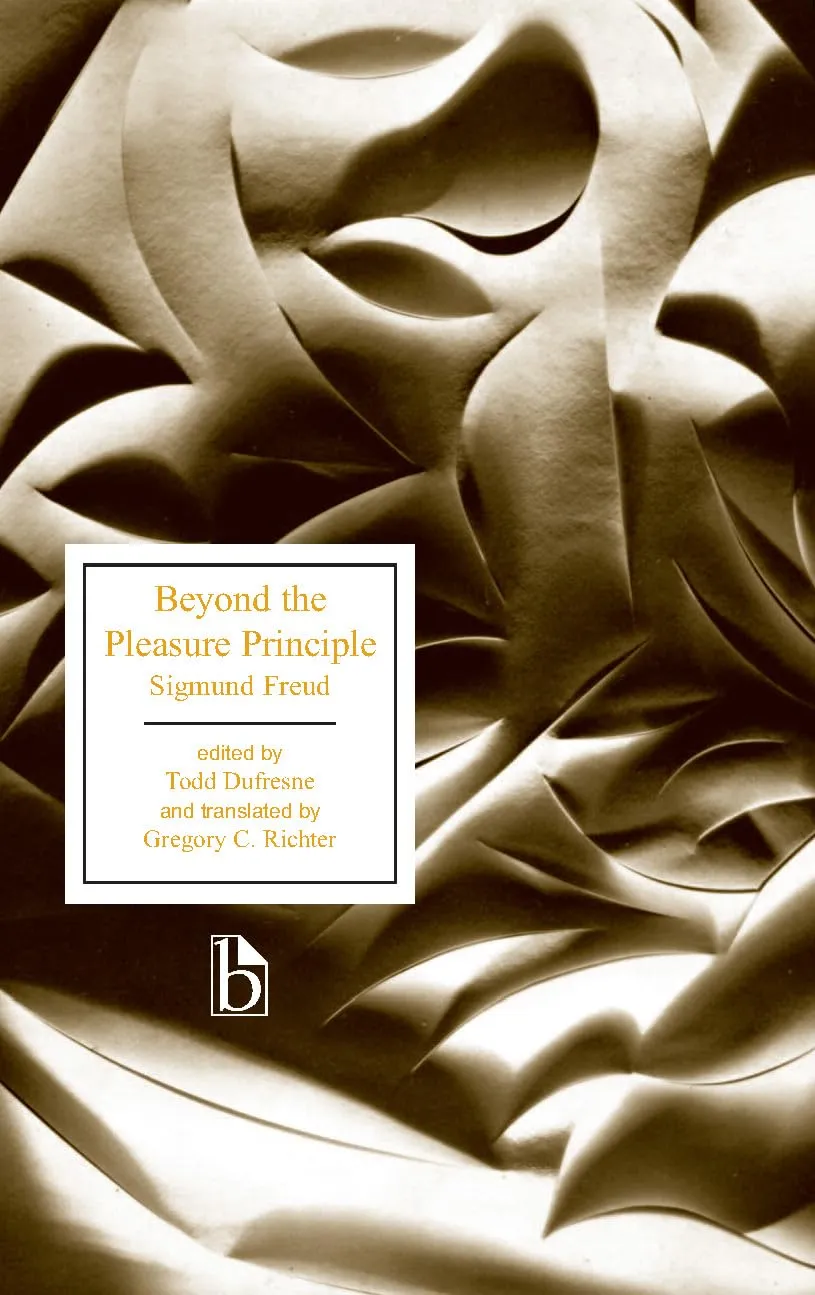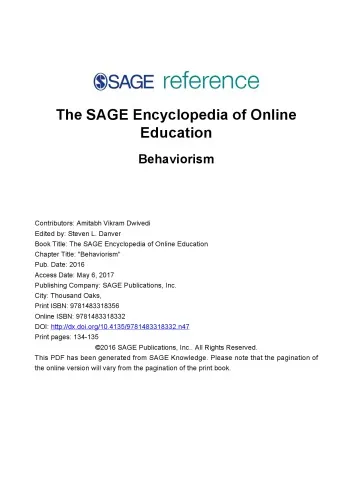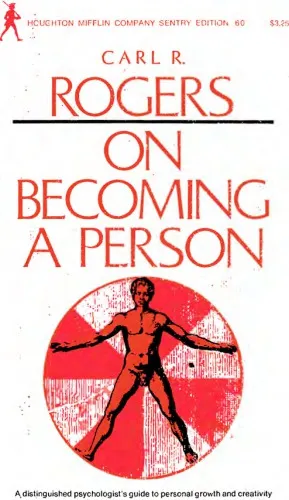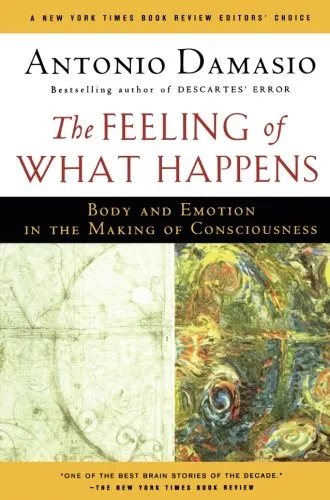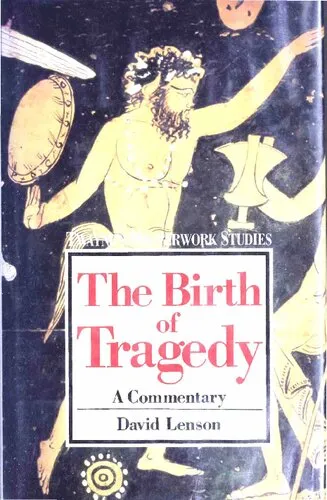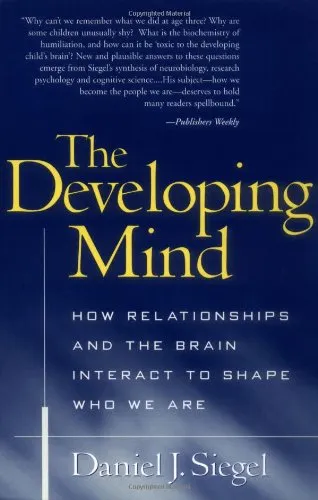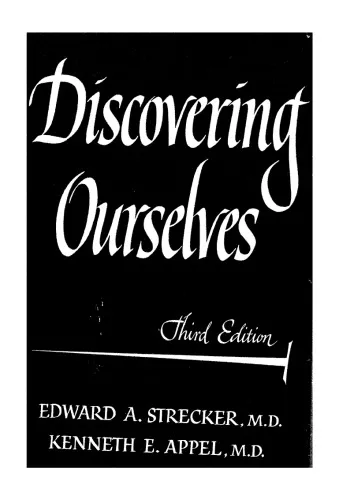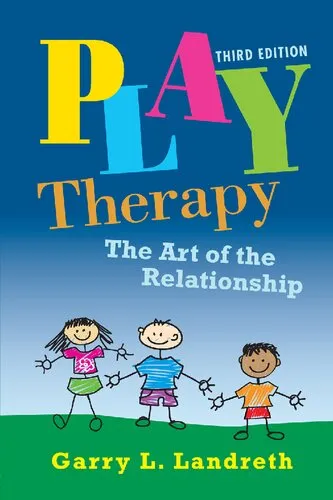An Outline of Psychoanalysis
4.3
Reviews from our users

You Can Ask your questions from this book's AI after Login
Each download or ask from book AI costs 2 points. To earn more free points, please visit the Points Guide Page and complete some valuable actions.Related Refrences:
Introduction to An Outline of Psychoanalysis
Sigmund Freud's 'An Outline of Psychoanalysis' gives readers a condensed overview of psychoanalytic theory and practice from the father of psychoanalysis himself. This groundbreaking work serves both as an introduction for newcomers and as a comprehensive review for those steeped in the field. It captures the essence of Freud's extensive research, with a focus on the unconscious mind, the structure of personality, and the principles that govern human behavior.
Detailed Summary of the Book
Psychoanalysis, a field forever changed by the contributions of Sigmund Freud, is elegantly encapsulated in 'An Outline of Psychoanalysis.' This book, although concise, touches upon the core aspects of Freud's decades of research. The text begins with a framework for psychoanalytic theory, detailing the construction of the human psyche and the influence of unconscious processes on behavior. Freud delineates the structure of the personality into three distinct entities: the id, ego, and superego. The id represents primal desires, the ego mediates between reality and desires, and the superego embodies moral values. Furthermore, Freud explores the defense mechanisms employed by the ego to manage internal conflicts.
Another crucial area that Freud addresses is the dynamics of the unconscious mind. The text highlights how repressed desires and unresolved conflicts manifest in various ways, influencing our dreams and behaviors. He also revisits the Oedipus complex, emphasizing its significance in the development of personality. Importantly, Freud provides insights into the therapeutic process, detailing techniques such as free association and dream interpretation.
Key Takeaways
- Understanding the tripartite structure of the personality: id, ego, and superego.
- The pivotal role of the unconscious mind in influencing human behavior.
- The significance of defense mechanisms in managing psychological conflict.
- Introduction to key psychoanalytic practices such as free association and dream analysis.
- Freud's exploration of the Oedipus complex and its implications for personality development.
Famous Quotes from the Book
“The aim of psychoanalysis is to strengthen the ego, make it more independent of the superego, to widen its field of perception, and enlarge its organization so that it can appropriate fresh portions of the id.”
“Where id was, there ego shall be.”
“Dreams are the royal road to the unconscious.”
Why This Book Matters
'An Outline of Psychoanalysis' holds a pivotal place within the domain of psychological literature. It distills the essence of Freud's life work into an accessible format, demonstrating his profound impact on the understanding of human behavior. The notions that Freud introduces form the basis of both classical and contemporary psychoanalytic practice. By exploring the depths of the unconscious mind, Freud uncovered layers of human experience that had previously gone unexplored, forever altering the landscape of psychotherapy.
This book is significant because it not only provides a foundational understanding of psychoanalytic concepts but also invites continued reflection and debate about the complexities of human psychology. It is a classic text that has inspired countless practitioners, theoreticians, and scholars to engage with Freud's theories, either in support or critique. For anyone seeking to grasp the underpinnings of psychoanalysis, 'An Outline of Psychoanalysis' is an invaluable resource, offering insights which are as pertinent today as they were at the time of its writing.
Free Direct Download
You Can Download this book after Login
Accessing books through legal platforms and public libraries not only supports the rights of authors and publishers but also contributes to the sustainability of reading culture. Before downloading, please take a moment to consider these options.
Find this book on other platforms:
WorldCat helps you find books in libraries worldwide.
See ratings, reviews, and discussions on Goodreads.
Find and buy rare or used books on AbeBooks.
1392
بازدید4.3
امتیاز0
نظر98%
رضایتReviews:
4.3
Based on 0 users review
Questions & Answers
Ask questions about this book or help others by answering
No questions yet. Be the first to ask!


